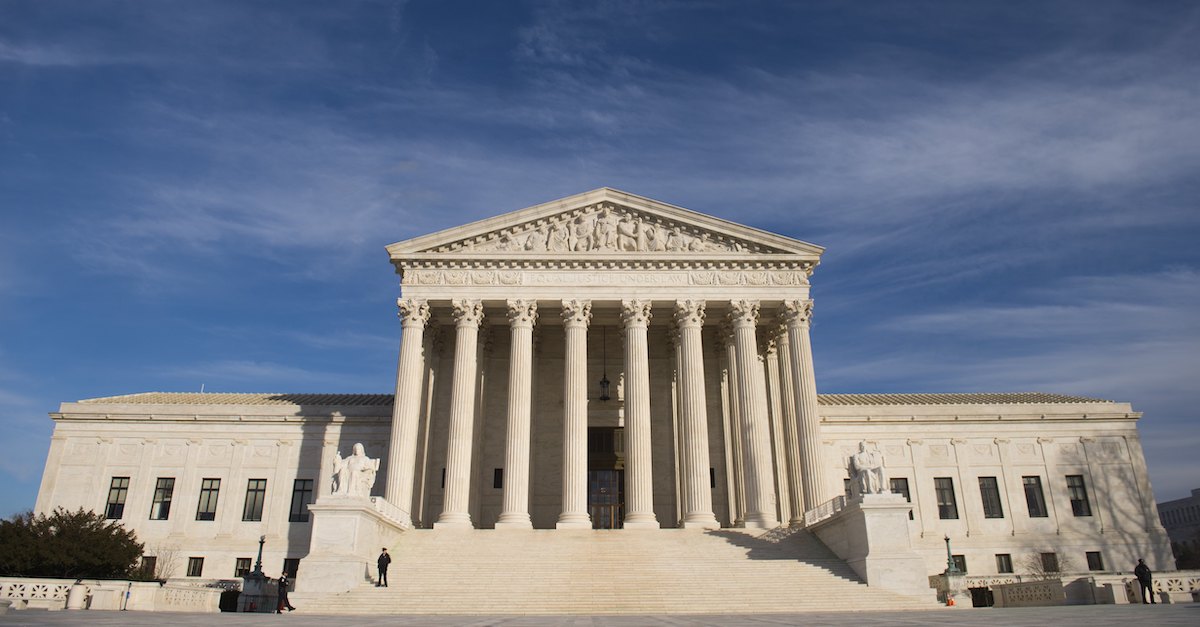
In January of this year, the United States Supreme Court agreed to hear a gun rights case that was filed by three New York residents and New York’s National Rifle Association affiliate. Initially, the U.S. District Court for the Southern District of New York dismissed the lawsuit and the U.S. Second Circuit Court of Appeals affirmed the decision.
The case revolved around New York City’s prohibition against carrying a licensed, locked and unloaded handgun outside the city limits and garnered national attention. On the one hand, those in favor of extended gun rights would welcome a broad Supreme Court ruling regarding the right to carry firearms outside the home. Conversely, the city would like to see this case dismissed on mootness grounds, likely because of the precedent the city could be setting should the court rule against it. Whether SCOTUS dismisses this case or ultimately moves forward could hinge on whether the court finds the city’s recent argument convincing.
At issue was a city ordinance that “allow[ed] people licensed to own handguns to carry the weapons, locked and unloaded, to and from one of the seven gun ranges in the five boroughs.” In their petition, petitioners claimed that the ordinance served to “prohibit the transport of handguns even when they are unloaded and locked up in a container separate from their ammunition.”
The purpose behind this ordinance was to keep people safe, yet some people found that it was too restrictive and that it did not make the city safer. In this case, for example, the plaintiffs wanted to practice shooting at ranges outside of the city and/or to take their guns elsewhere in the state but were not permitted to do so, in violation (allegedly) of their Second Amendment rights. Moreover, plaintiffs asserted that by restricting the flow of handguns in and out of the city, more people would transport handguns within the city.
The Second Amendment provides for the right to keep and bear arms. Petitioners, citing the Heller case, assert that people have the right to defend themselves in their homes and to maintain proficiency in using firearms for defensive purposes. The transport ban, they argue, significantly impedes their right to keep arms in the home (since they are not permitted to transport them to/from secondary homes outside the city) and limits their rights to hone their skills (people won’t go to ranges if they only have seven ranges to choose from in such a large city).
In July 2019, the city tried to convince the Supreme Court that it should refuse to hear the case (dismiss the case) because the city was in the process of changing the relevant regulations in the ordinance, thereby rendering the case moot. Per the National Review:
On July 3, 2019, NYC tried to file a letter with the Supreme Court informing the Court that NYC officials were in the process of changing the underlying transportation regulations. The change would allow license holders to transport their handguns outside of city limits to other homes or nearby shooting ranges — exactly the relief requested by Petitioners in the underlying case. The letter specified that NYC was moving forward with the amendments and that there was also going to be a change at the state level.
The city also told the Supreme Court that if it would refuse to address any Second Amendment issues if a brief was required and would only address the issue of mootness. After the court rejected the city’s “letter,” the city filed a Suggestion of Mootness, arguing that, because the transportation ban had been amended, the case before the court was moot.
The issue of mootness is one that the Supreme Court will have to decide. In Adarand Constructors, Inc. v. Slater, the Supreme Court explained that a case is moot if it is “absolutely clear that the allegedly wrongful behavior could not reasonably be expected to recur.” The court further noted that the “‘heavy burden of persua[ding]’ the court that the challenged conduct cannot reasonably be expected to start up again lies with the party asserting mootness.” Friends of Earth, ante, at 189 (emphasis added) (quoting Concentrated Phosphate Export Assn., supra, at 203).
As reported by USA Today, the transportation restriction was amended so as to allow people in the city to take licensed guns other places outside of the home:
“The change, posted on a city website without fanfare, allows gun owners to take their firearms to a home, business or shooting range outside city limits. Until now, the city had limited those with possession licenses to seven shooting ranges inside city limits.”
In light of this amendment, the city argues that the case is moot, as the plaintiffs’ request for an injunction stopping the enforcement of the city law in this case was no longer an issue. The libertarian and pro-gun rights Cato Institute disagreed, however, warning that the rules could be changed “just long enough for the case to be dismissed.”
The stakes are very high for the city, as an adverse ruling could end up being the catalyst for broader right-to-carry laws.
It will be interesting to see how the high court handles this very interesting and polarizing case.
Mr. Hakim is a political writer and commentator and an attorney. His articles have been published in The Washington Examiner, The Daily Caller, The Federalist, The Algemeiner, The Western Journal, American Thinker and other online publications. Twitter: @ThoughtfulGOP.
[Image via SAUL LOEB/AFP/Getty Images]
This is an opinion piece. The views expressed in this article are those of just the author.